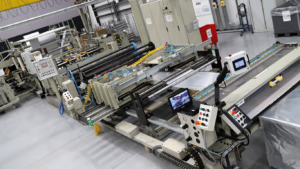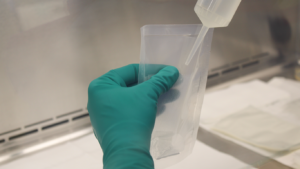Who has premises liability?
Business property owners are responsible for the safety of every person within and about their property. Willfully ignoring dangers and a lack of proper regular maintenance amounts to business owner negligence, and creates a hazardous environment for visitors, employees, and to others. Both commercial and residential property owners have a duty to maintain safe surroundings. Anything less of a proper observance of this duty can lead to accidents that are often tied to significant compensation costs.
While the bulk of premises liability is tied with property owners, maintenance contractors, management companies, and lessors are also aligned with any potential litigation that arises from personal injuries acquired within a given location.
Complex Laws
Navigating the waters of premises liability law might appear daunting, but any business property owner would be wise to have access to a premises liability lawyer like lawyers Hipskind and Mcaninch. All injuries that occur within the premises have the potential to lead to an expensive lawsuit. In addition, knowledge about the extent of your responsibilities will help in preventing situations for which property owners may ultimately become responsible.
What is Premises Liability?
Premises liability refers to the responsibilities of property owners for certain incidents that happen within their real property. It is generally acknowledged that owners are liable for “injuries caused by a variety of hazardous conditions, including open excavations, uneven pavement, standing water, crumbling curbs, wet floors, uncleared snow, icy walks, falling objects, inadequate security, insufficient lighting, concealed holes, improperly secured mats, or defects in chairs or benches (Premises Liability Slip and Fall).” In short, premises liability refers to the responsibility of the person owning the land or premises for injuries incurred by people who are present in their property.
Principles of Premises Liability
There are 3 tenets or principles necessary for premises liability to apply in any given situation:
The defendant or defendants must be in ownership of the land or premises.
It is necessary that the plaintiff is an invitee or a licensee, and sometimes even trespassers are considered under this law.
Property negligence or wrongful acts must be proven to be committed by the owner.
Each type of plaintiff refers to a different type of relationship to the property and its owner. They are defined as follows:
Invitees
Invitees are people invited inside the premises for the commercial benefit of the property owner. Store customers, business clients, and other types of patrons fall into the definition of an invitee. Owners must adhere to the standard of care specified for invitees. To make a case of premises liability, invitees have to prove without reproach that the property possessed dangers that the owners must have known about. Commercial businesses are required by law to regularly inspect their premises to guarantee that it is safe.
Licensees
Licensees are also invited onto the premises for other reasons besides commercial gain. Licensees must prove all of the elements of the invitee, plus additional conditions that the injured party must demonstrate, such as their lack of individual knowledge about property dangers.
When in doubt, seek professional legal help. Hipskind & McAninch is an excellent legal resource regarding premises liability issues.




